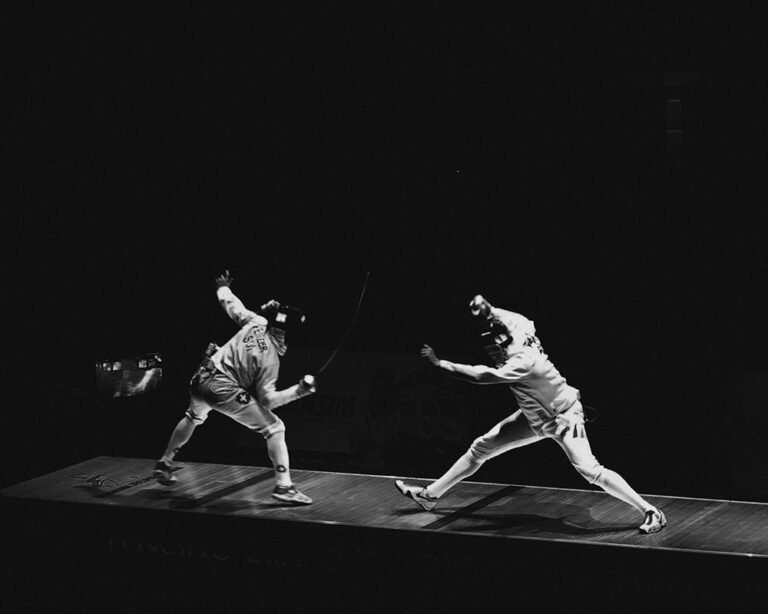Possessive pronouns
Possessive pronouns replace nouns and show ownership or possession. They agree in gender and number with the nouns they replace. In English, they are “mine,” “yours,” “his,” “hers,” “ours,” and “theirs.”
Here’s a comprehensive table listing the French possessive pronouns:
| Possessor | Singular | Plural |
|---|---|---|
| 1st person | le mien (mine) | les miens (mine) |
| la mienne (mine) | les miennes (mine) | |
| 2nd person | le tien (yours) | les tiens (yours) |
| la tienne (yours) | les tiennes (yours) | |
| 3rd person | le sien (his/hers) | les siens (his/hers) |
| la sienne (his/hers) | les siennes (his/hers) | |
| 1st person plural | le nôtre (ours) | les nôtres (ours) |
| la nôtre (ours) | les nôtres (ours) | |
| 2nd person plural | le vôtre (yours) | les vôtres (yours) |
| la vôtre (yours) | les vôtres (yours) | |
| 3rd person plural | le leur (theirs) | les leurs (theirs) |
| la leur (theirs) | les leurs (theirs) |
The choice of possessive pronoun depends on the gender and number of the possessed noun.
For example:
- If the possessed noun is masculine singular, you use “le mien” (mine).
- If the possessed noun is feminine singular, you use “la mienne” (mine).
In plural contexts, similar agreements apply:
- If the possessed noun is masculine plural, you use “les miens” (mine).
- If the possessed noun is feminine plural, you use “les miennes” (mine).
Examples:
- Singular Possessive Pronouns:
- “Ce livre est le mien.” (This book is mine.)
- “C’est ta voiture, mais la mienne est plus rapide.” (That’s your car, but mine is faster.)
- “Cette maison est la sienne.” (This house is his/hers.)
- Plural Possessive Pronouns:
- “Les clés sont les tiennes.” (The keys are yours.)
- “Ce sont nos chats. Où sont les vôtres?” (These are our cats. Where are yours?)
- “Ces vélos sont les leurs.” (These bikes are theirs.)
- Possessive Pronouns Showing Relationships:
- “Est-ce que c’est ton sac ou le mien?” (Is that your bag or mine?)
- “Ce livre est le nôtre, nous l’avons acheté ensemble.” (This book is ours, we bought it together.)
- “Elle est la vôtre, vous devez la récupérer.” (She’s yours, you need to pick her up.)






